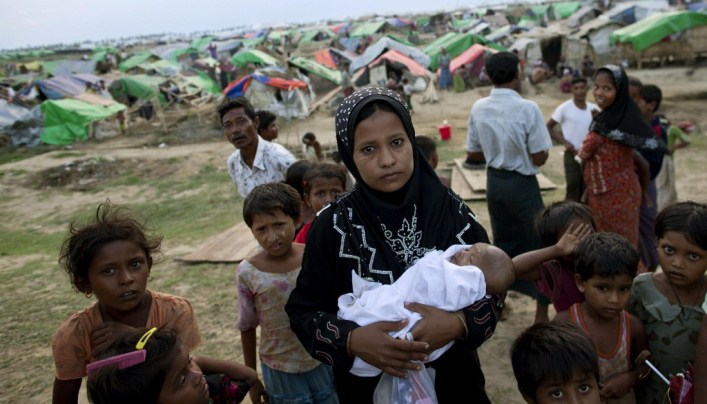There is a worrisome mass internal displacement throughout Ethiopia due to consecutive years of drought and conflict which have currently left nine million people in need of humanitarian assistance and protection.
A United Nations agency, the International Organisation for Migration (IOM) is already appealing to the international community for $50 million to continue offering lifesaving assistance to 1.5 million people in need.
The request by IOM is part of the comprehensive inter-agency 2019 Humanitarian Response Plan (HRP) for Ethiopia, which aims to raise $1.3 billion to support around nine million people. Half-way through the year, less than one-third of the HRP has been funded.
“IOM has been steadfast in its commitment to assisting the people in need of humanitarian assistance throughout Ethiopia”, said Maureen Achieng, IOM’s Chief of Mission in Ethiopia. “With the threat of an impending drought that is feared to be just as bad if not worse than the one in 2016-2017, the international community must continue to focus on saving lives and supporting the protection and safety of millions of people in need.”
The strongest El Niño phenomenon on record led to an extreme drought in 2016 and 2017, that left over 16 million people in need of food and nutritional assistance, access to safe drinking water and livelihoods support.
In 2018, IOM significantly increased its humanitarian response in Ethiopia to address emergency needs in multiple conflict-induced internal displacements along the Somali-Oromia border in Dire Dawa, and in Gedeo (SNNP) and West Guji (Oromia) Zones. To better serve the Gedeo-Guji inter-agency response, IOM manages humanitarian hubs in both zones.
In addition, IOM assisted a total of 190,000 Ethiopian migrants to voluntarily return from Saudi Arabia last year. Nearly 9,000 of the most vulnerable returnees received immediate post-arrival assistance.
The second largest refugee hosting country in Africa, Ethiopia is hosting some 900,000 refugees primarily from South Sudan, Somalia and elsewhere, with additional refugees continuing to arrive. Transportation of newly arrived refugees from border entry points remains critical, as well as the provision of shelter, water, sanitation and hygiene (WASH) and livelihood support.
“With continued support from our donors and partners, IOM hopes to continue the multi-sector life-saving assistance that has helped mitigate the worst effects of the crisis in previous years”, added Achieng.
Funds received from this year’s appeal will allow IOM to offer shelter, non-food items, WASH assistance, protection, mental health and psychosocial support to affected populations. It will also allow IOM to continue its work in cluster coordination, site management support and refugee movements, as well as managing its Rapid Response Fund and Displacement Tracking Matrix.
Resources for ensuring durable solutions through community stabilisation, conflict resolution and peacebuilding, and durable shelter initiatives are also prioritised in the 2019 response plan.

